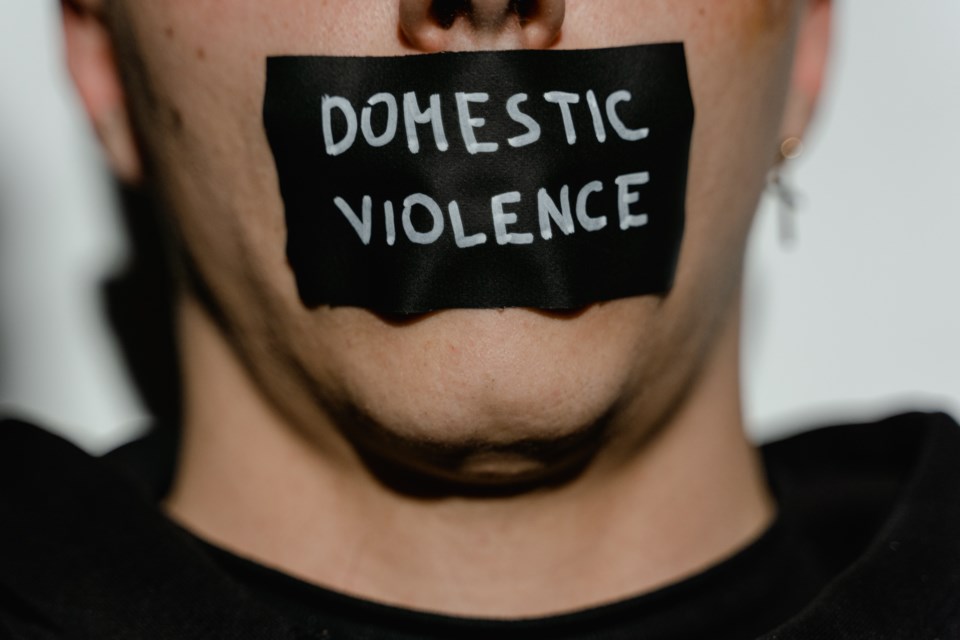The Longmont Leader accepts contributions, photos, and op-eds for publication from community members, business leaders and public officials on local topics. Publication will be at the discretion of the editor and published opinions do not represent the views of the Longmont Leader or its staff. To submit a contribution, email [email protected].
Think of three women you know. Now imagine that one of those three women is being controlled by her partner – isolated from friends and family, emotionally mistreated and maybe even physically assaulted. This may sound far-fetched, but the reality is that 1 in 3 women have experienced some form of domestic violence.
Domestic violence knows no boundaries. It can happen to the rich, the middle-class, the poor, those with multiple degrees or to those who have yet to graduate from high school. People from all gender identities can experience domestic violence: 1 in 4 men and 1 in 2 transgender individuals have experienced some form of violence by an intimate partner. The prevalence of domestic violence in the LGBTQIA community is as high or higher than the U.S. general population. Domestic violence can happen to anyone.
October is Domestic Violence Awareness Month – a time to bring this often-misunderstood issue into the forefront of conversation. There are 193 domestic violence incidents reported per month in Denver, which is a 14% increase from 2021. We are one community. We need to keep our eyes and ears open and lend a hand to those who need it the most. Is someone you know afraid of their partner’s reactions, or constantly making excuses for their partner’s bad behavior or offensive comments, or do they have to check in with their partner before making plans? These are just a few examples of potential red flags to indicate that someone is in an abusive relationship. Abusers may use other tactics to gain power and control over their victim.
As the new CEO of SafeHouse Denver, I’ve had the honor to join an agency that has been supporting survivors for 45 years. When we look to the future, we hope to one day not be needed at all. Until then, check in on your friend who hasn’t come around much lately. Share the SafeHouse Denver Crisis Line number on your social media feed (303-318-9989). If it is safe to do so, say something to a loved one who you’re concerned about. If any of this sounds like your own experience, know that you are NOT alone. Know that you deserve better, and that this isn’t your fault. There are people to help, cost-free and without question, at SafeHouse Denver.
Until every house is a safe house,
Jennifer Caruso
CEO, SafeHouse Denver


.jpg;w=120;h=80;mode=crop)